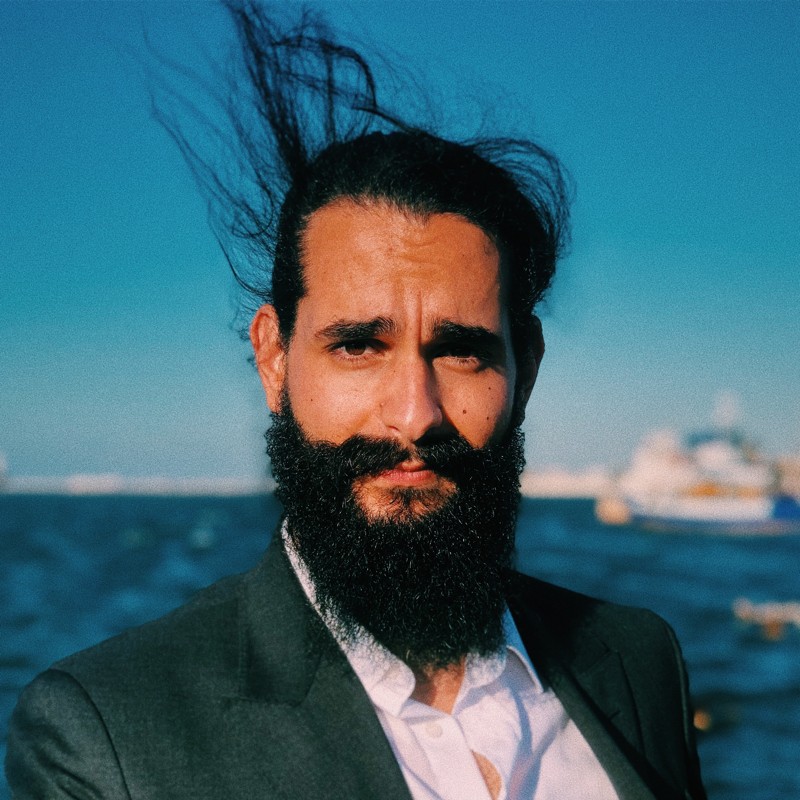My Journey at ICANN 82
This March, I had the honour of participating as a Fellow in the ICANN 82 Public Meeting in Seattle—an experience that deepened my engagement in global Internet governance and affirmed my commitment to ensuring an open, secure, and resilient Internet for all.
Coming straight from RightsCon 2025 in Taipei, I brought with me insights on digital rights, policy gaps, and strategies that resonated deeply within the ICANN context. Bridging discussions between these distinct yet interconnected spaces is critical, especially for underrepresented communities like Libya, where digital infrastructure remains fragile, and the Internet ecosystem faces evolving challenges.
Day 1–2: Entering the Multistakeholder Arena
From the moment ICANN82 kicked off, the energy was palpable. With over 30 fellows attending in person and 4 online, the diversity of voices and regions added richness to every session. Our onboarding journey took us through ICANN’s technical architecture, from the Internet Assigned Numbers Authority (IANA) to the policy arms that keep the Domain Name System functional and secure.
It quickly became clear: Internet governance is a paradox—both complex and collaborative. I had arrived with many questions about Libya’s Internet challenges and left each session with even more nuanced inquiries. Yet, the support and accessibility from ICANN’s leadership and speakers made this complexity navigable.
Day 3–4: Diving into Policy and Representation
The core of ICANN’s approach—its multistakeholder model—came alive during these days. I had the chance to interact with representatives from across the spectrum: GNSO, SSAC, RSSAC, GAC, IPC, NCUC, NCSG, and more. Each plays a distinct role in the intricate process of consensus-building across governments, civil society, the private sector, and the technical community.
A session with the Governmental Advisory Committee revealed the growing tension between national regulations and ICANN’s principles of a globally interoperable Internet. The Africa GAC meeting, however, underscored a sobering reality—Libya was absent from the conversation, highlighting a persistent gap in regional representation.
Sessions on DNS abuse, AI, and child protection emphasised the urgent need for strong safeguards and proactive policy development. As I listened to youth-led presentations in the NextGen@ICANN stream, I was reminded just how critical it is to empower emerging leaders with the tools and access to participate in shaping the future Internet.
Day 5–6: Inclusion, Engagement, and Building Forward
By Day 5, the themes of digital equity, Internet fragmentation, and multistakeholderism were echoed in almost every conversation. At the Middle East Space, participants called for deeper subregional collaboration and engagement with ICANN’s support mechanisms. I joined discussions around the new gTLD program, the RSP Evaluation process, and the barriers faced by Global South applicants—topics that hit close to home.
One standout moment was a candid conversation with ICANN CEO Kurt-Erik Lindqvist and Internet Society CEO Sally Wentworth. We explored their leadership journeys and discussed the road ahead for our generation of Internet governance actors. The Internet we’re shaping today is the foundation for what the next 30 years will look like—and that’s a responsibility we cannot take lightly.
Final Reflections: The Fellowship and Beyond
The last day of ICANN82 offered space to reflect. At the Fellowship Program Wrap-Up, we shared what we learned, the voices we amplified, and the paths we intend to follow. From participating in At-Large discussions to attending the public ICANN Board Meeting, the experience underscored the values of transparency, inclusivity, and collaboration.
As I prepare to co-author the official ICANN82 Fellowship Report, I’ll also be working on a more detailed analysis of my takeaways. My journey through ICANN82 reaffirmed that true Internet governance is about more than policies; it’s about people, participation, and the persistent push for equity.
What's Next?
Libya’s Internet challenges are unique, but not isolated. I remain committed to bridging the local with the global—bringing Libyan voices into these spaces and ensuring our ccTLD, digital infrastructure, and policy frameworks reflect the principles of an open and inclusive Internet.
To those working in digital rights, governance, and inclusion, I’d love to connect. Let’s collaborate, share knowledge, and push for a future where every voice counts in shaping the Internet.
